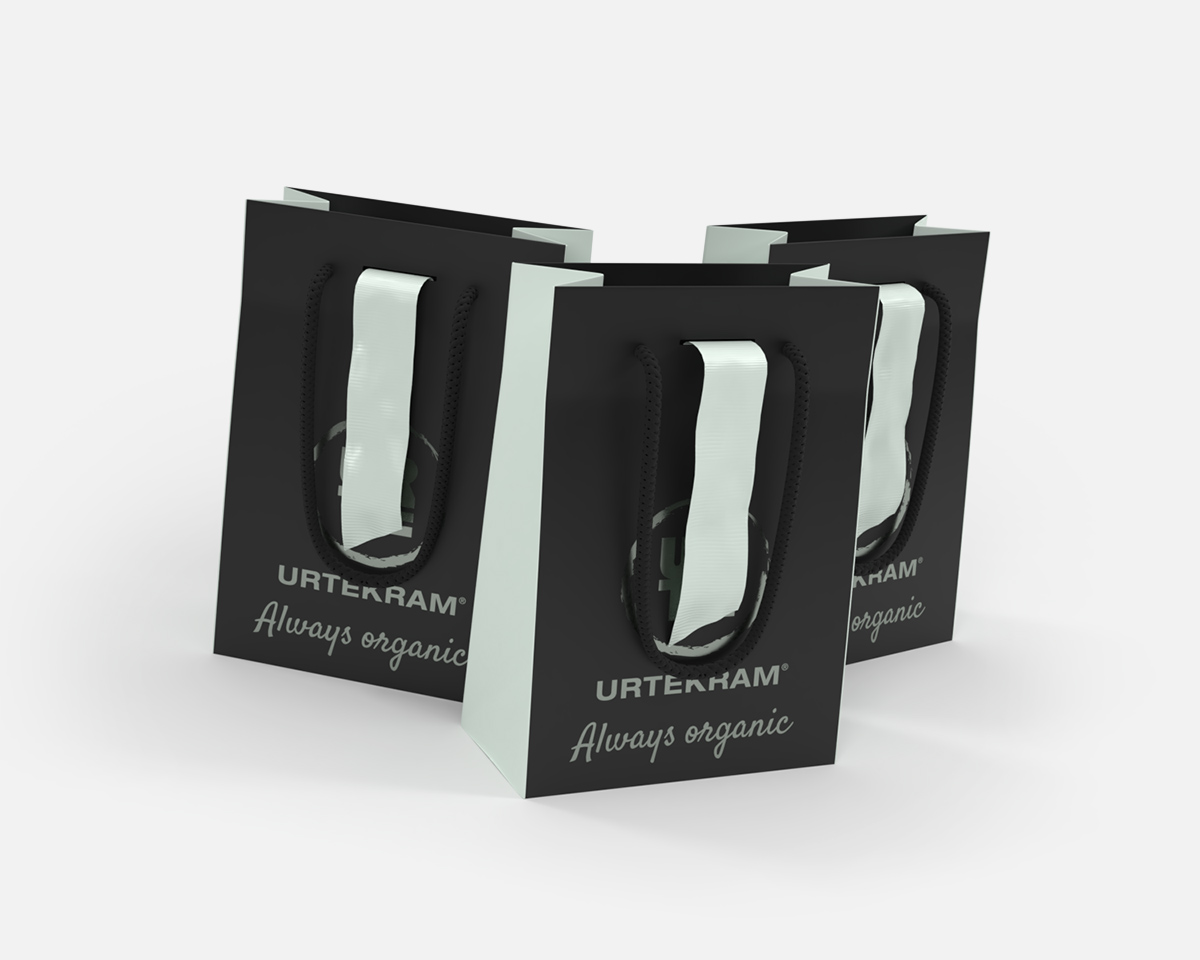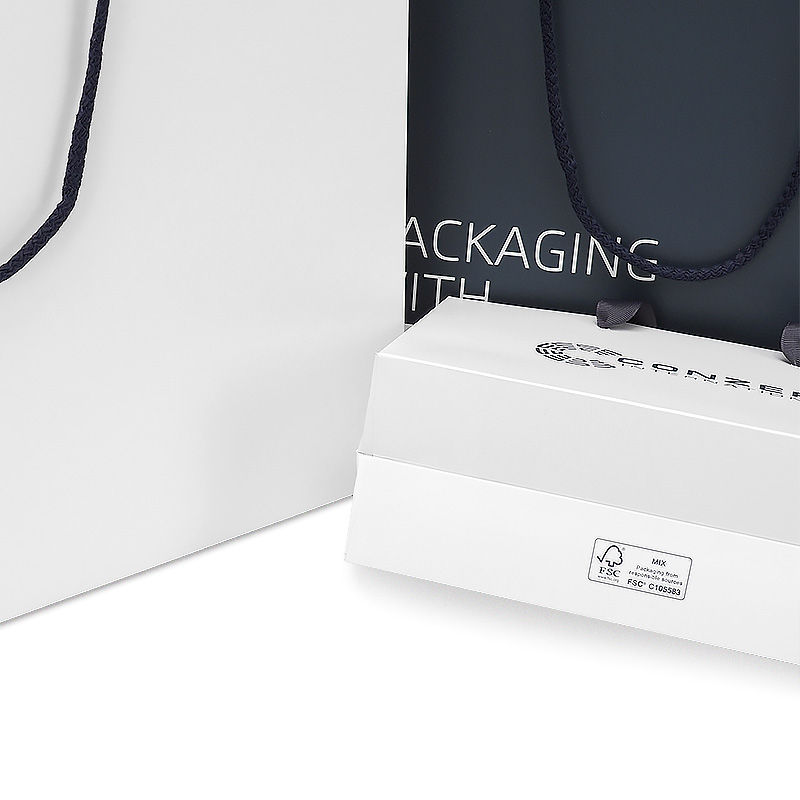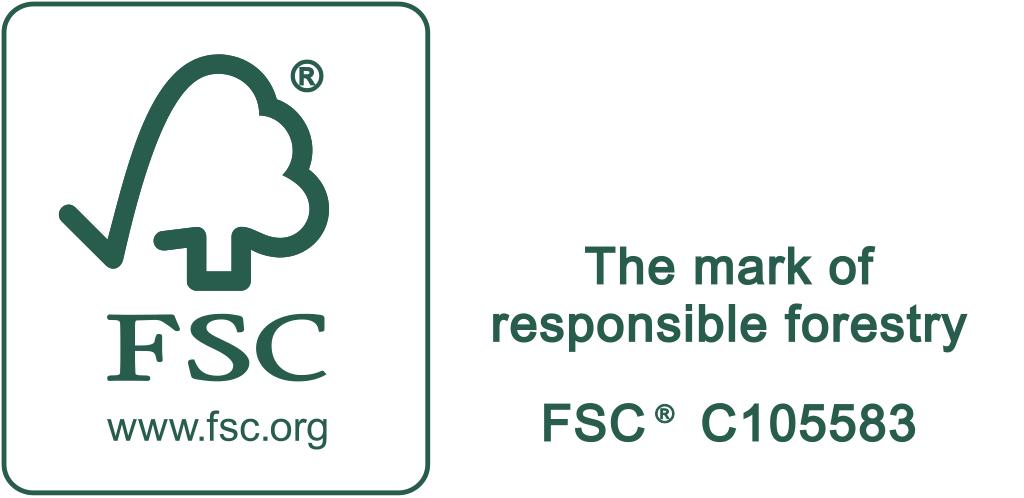Can bags be sustainable branding?
Sustainable bags
A 100% sustainable bag doesn’t exist, but there are many initiatives moving towards more sustainable directions, and we are experiencing a growing demand for more sustainable solutions. In January 2021, new bag regulations came into effect in retail, and many noticed it when picking up takeaway: Pizza is no longer handed over the counter in a thin, crinkly plastic bag, and the bag with handles now costs 4 kroner. The bag fee motivates businesses towards a more sustainable solution. Customers are more than willing to reuse packaging if the quality and design are right, and they can identify with the brand.

Get a handle on the concepts
Paper, fabric or plastic? It depends entirely on the purpose. All materials have their own characteristics, and we naturally advise and inspire about the optimal solution for you aiming towards a more sustainable direction. For example, it might be an idea to replace the traditional paper bag with a small, stylish drawstring fabric bag that customers can use for small items afterward.
Here is a brief and general overview of the different materials that can make your bag more sustainable.
Paper bags can either be recycled paper or FSC-marked paper (Forest Stewardship Council). The presence of an FSC mark ensures that the paper comes from forests where no more trees are felled than can be regrown. Plant and animal life are protected, and the workers are provided with respectable working conditions.
Cloth bags can, for example, be made of organic cotton or GOTS-certified cotton. Global Organic Textile Standard, or GOTS, is an independent certification that considers the whole life cycle of the product. The brand ensures that the individuals involved in production have safe working conditions in addition to taking environmental and ecological concerns into account. Cotton can also be labeled with the GRS, Global Recycled Standard. This means that the product was created under ethical working conditions and that at least 50% of the material was recycled.
For an extra durable bag, it can be made of polypropylene (PP). Polypropylene is an environmentally friendly alternative to nylon and polyester, which can contain up to 20% recycled plastic. Or RPET, 100% recycled PET, which you know from plastic bottles.


